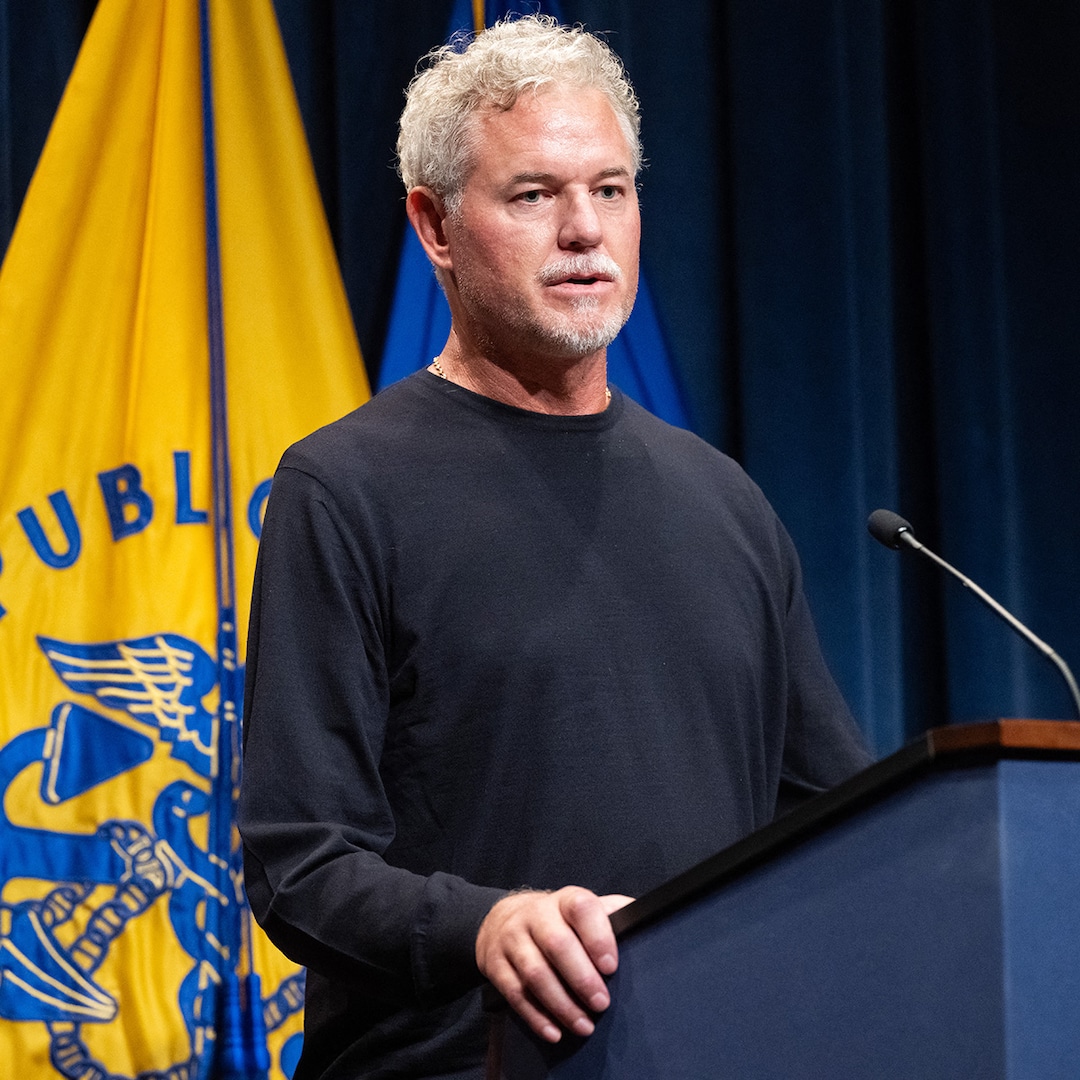Pluribus review: I cant tell you much about Vince Gilligans sci-fi series, but what I can say is glowing


The first rule of Pluribus is "don't talk about Pluribus."
The newest show from Breaking Bad and Better Call Saul creator Vince Gilligan is shrouded in secrecy. Its teasers are cryptic, boasting ominous phone calls and people licking donuts with measured precision. Its trailer is unsettling, yet vague. And crucially, Apple TV doesn't want critics discussing the key conceit of the show in any reviews. So, what can I really say about Pluribus?
Well, let's not beat around the bush. It rules.
With Pluribus, Gilligan and Better Call Saul star Rhea Seehorn deliver an enthralling sci-fi tale about a future that toggles between utopian and downright terrifying. It's part apocalyptic thriller, part character study, and altogether another sci-fi win for Apple TV, which, between titles like Severance, Silo, and Foundation, has reliably proven itself to be the best streaming home for the genre.
What's Pluribus about?

Pluribus sets up a battle unlike any other. In one corner we have Carol Sturka (Seehorn), the most miserable person on Earth. In the other corner, we have the rest of the world's population, all of whom have been infected with a virus that makes you blissfully happy.
Where did the virus come from, and how did it spread across the globe? I wish I could tell you, but suffice it to say that Gilligan has crafted answers that are absolutely mind-boggling, so much so that Pluribus' first installment is one of my favorite episodes of TV I've watched all year.
The episode plays out like a top-tier disaster movie, an exquisite demonstration of tension that snowballs into a bizarre horror show. Yet somehow, these infectious horrors wind up making the world a happier place — except for Carol, that is. She's the lone frown in a sea of smiling faces, each of whom wants nothing more than for Carol to be happy (which naturally only makes her more upset). While the rest of the infected might see their treatment of Carol as kindness, in her eyes, each too-big smile and overly chipper greeting of "Hi, Carol!" are nothing more than grim reminders of the topsy-turvy reality she finds herself in.
Pluribus raises intriguing questions about ethics and happiness.

In the first seven episodes sent to critics for review, Pluribus never quite hits the white-knuckle highs of its riveting premiere. However, in the wake of the sheer "What! What! What!" of the first episode, you'll find fascinating questions about the ethics of the world's newfound bliss.
Chiefest of all is the question of whether the infectious happiness and the peace it brings are actually good tidings for the world. Yes, conflict has stopped, and the infected's focus on resource management will heal the environment. Sounds great, right? The infected seem to think so. Their eerily calm explanations, delivered with placid smiles and the kindest eyes you'll ever see, may sway you, to the point that Carol's commitment to reversing the virus may seem like a villain attempting to work against the greater good.
Yet there's a darker undertone buzzing beneath Earth's new idyllic way of living, since the virus leaves its happy citizens without agency or individuality. Gilligan deftly walks the line between the horrors of that truth and the strange, sometimes even funny ways that constant happiness changes the way humans live. The result is a show whose tone is an ever-changing meld of dread and humor, sci-fi and offbeat travelogue, as Carol journeys around the world in search of answers.
Rhea Seehorn is sublime in Pluribus.

The Gilligan-Seehorn partnership that kicked off in Better Call Saul continues to pay off big time with Pluribus. Gilligan wrote the role of Carol specifically for Seehorn, and it's not hard to see why. She is a force.
At first, Carol's misery is like a suit of armor, with misanthropy and frustration in place of plate mail. Yet as she spends more time in the world that the virus has created, her anguish comes through in brief, brilliant flashes. For this, Seehorn channels all the rage and sadness that's left on Earth, making for scenes that are equal parts cathartic and devastating.
In Pluribus, Seehorn spends quite a bit of time on her own, even going almost entire episodes without a human scene partner. Here, Seehorn's performance really shines, as Carol shifts from hardened to vulnerable and back again in the face of total isolation. Like the rest of the show, it's captivating to take in, a portrait of a character who tries to keep her emotions close to her chest, even as those emotions could be the only thing that will save humanity. That internal tension proves to be the heart of Pluribus, anchoring the show while things get wonderfully weirder and weirder.
That weirdness, coupled with Seehorn's performance and Gilligan's epic vision of a frightening future, combine to make one of the most promising TV debuts of 2025. Yes, "pluribus" may mean "many," but so far, the show is shaping up to be a singular experience.
Pluribus premieres Nov. 7 on Apple TV, with a new episode every Friday.
















































